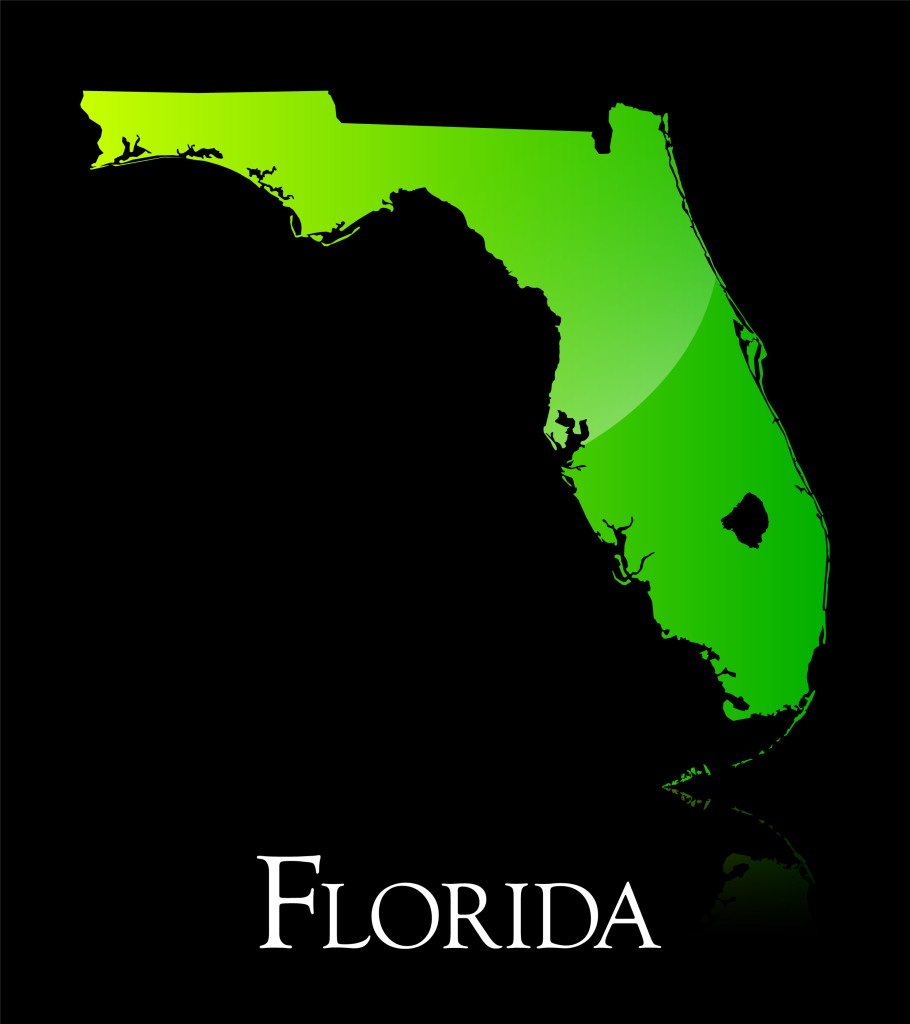FLORIDA UNFAIR COMPETITION LITIGATION
Unfair competition law in Florida can involve claims brought under Florida statutory and common law, in addition to the Lanham Act, a federal statute. Generally, “unfair competition law” involves litigation brought by a business or individual against a defendant who is unfairly competing with the commercial business activities of the plaintiff. Such claims can, and are frequently brought as counterclaims by a defendant against a plaintiff who has asserted a similar type of claim against the defendant, or an unrelated type of claim.
Claims for unfair competition can be brought against a former employee of a business who is unfairly competing against the former employer by using a similar business name of the former employer, by a manufacturer against a distributor who has broken off relations with the manufacturer and is utilizing a similar trade name or other attributes of the manufacturer which causes confusion in the marketplace, by a corporation against a former shareholder of the company who has left the company and is engaging in acts of unfair competition against the former company, by a musical group against a former member of the group who is using the former group’s name and likeness in the former member’s music business activities, and many other situations. Sometimes, a former employee or agent of a business obtained access to trade secrets of the former employer while associated with the company, and has disassociated himself from the company in order to use those trade secrets to unfairly compete with the former employer.
Both Florida and federal law provide numerous remedies in these situations. Under the Lanham Act, a federal statute, protection is afforded against the confusing use of corporate names based on the same principles as apply to protection of trademarks. Specifically, descriptive and geographically descriptive names used as names of businesses require proof of secondary meaning for legal protection, as do trademarks. Distinctive marks are coined or fanciful, arbitrary, or suggestive.
Fanciful or coined marks consist of “coined” words that have been invented or selected for the sole purpose of functioning as a trademark. Such marks comprise words that are either totally unknown in the language or are completely out of common usage at the time, as with obsolete or scientific terms. If, in the process of selecting a new mark, a seller sits down and invents a totally new and unique combination of letters or symbols that results in a mark that has no prior use in the language, then the result is a “coined” or “fanciful” mark.
Arbitrary marks comprise those words, symbols, pictures, etc., that are in common linguistic use but which, when used with the goods or services in issue, neither suggest nor describe any ingredient, quality or characteristic of those goods or services. “Arbitrary” means that the ordinary meaning of the word mark is applied to these goods in a totally arbitrary and non-descriptive sense.
Suggestive marks defy easy definition. Three tests have evolved to determine whether a mark is suggestive: the imagination test (how much imagination is required by the customer to get some description of the product from the term); the competitor’s need test (is the mark needed by competitors to describe their goods); and the competitor’s use test (to what extent is the mark used by others on similar products).
Dilution of a mark differs from infringement in that it does not necessarily depend on either competing goods or likelihood of confusion. An action for dilution is not directly permitted under the Lanham Act. As a result, Florida adopted dilution statutes, such as Florida Statute §495.151, under which a defendant is subject to liability if, as a designation to identify its own goods, services, or business, the defendant “uses a designation that resembles the highly distinctive mark of another in a manner likely to cause a reduction in the distinctiveness of the other’s mark,” or “tarnishes” the images associated with the other’s mark. Liability under this Florida law depends on either (1) a likelihood of injury to business reputation or (2) dilution of the distinctive quality of the trade name.
Another dilution statute which has been adopted by the Florida legislature is Florida Statute §540.08 which provides as follows:
540.08 Unauthorized publication of name or likeness.—
(1) No person shall publish, print, display or otherwise publicly use for purposes of trade or for any commercial or advertising purpose the name, portrait, photograph, or other likeness of any natural person without the express written or oral consent to such use given by:
(a) Such person; or
(b) Any other person, firm or corporation authorized in writing by such person to license the commercial use of her or his name or likeness; or
(c) If such person is deceased, any person, firm or corporation authorized in writing to license the commercial use of her or his name or likeness, or if no person, firm or corporation is so authorized, then by any one from among a class composed of her or his surviving spouse and surviving children.
Under this Florida law, a person whose rights have been violated may bring an action to enjoin such unauthorized publication, printing, display or other public use, and to recover damages for any loss or injury sustained by reason thereof, including an amount which would have been a reasonable royalty, and punitive or exemplary damages.
We look forward to working with you.
McRae Law Firm – Florida Business Lawyers, Since 1984.
McRae Law Offices, P.A.
5300 West Atlantic Avenue, Suite 412
Delray Beach, Florida 33484
Phone: 561-638-6600
Toll Free: 888-262-0208
Fax: 888-308-6020
mmcrae@mcraelawfirm.com
___________________________________


